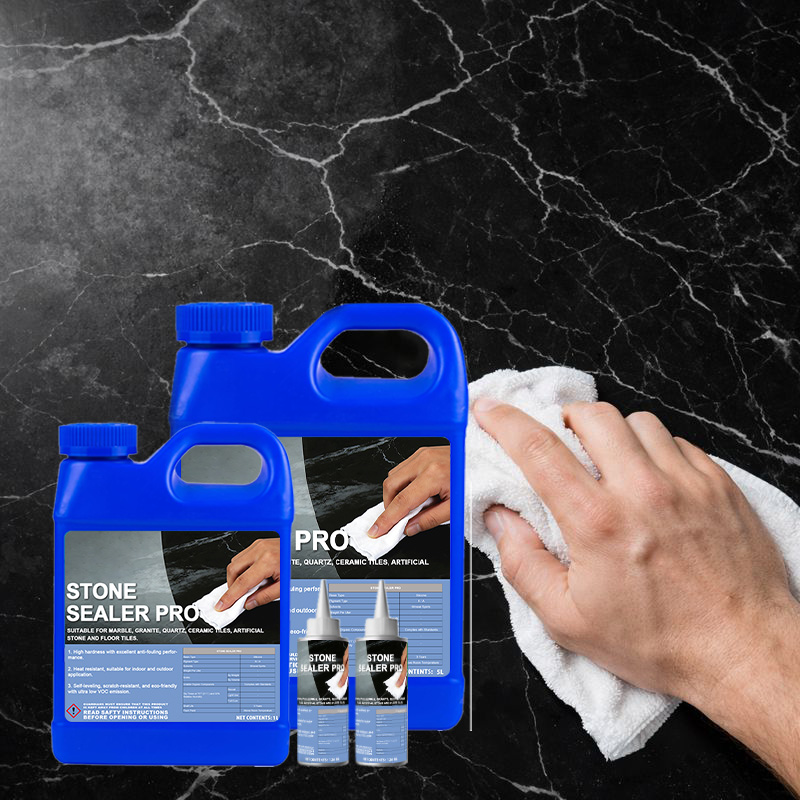In the resin industry, wholesale UV resin and epoxy resin dominate the conversation. Both materials are widely used in crafts, coatings, 3D printing, and industrial applications. At first glance, they may seem similar. Yet, their properties, curing methods, and long-term performance differ significantly. For wholesalers, distributors, and B2B buyers, understanding these differences is crucial. Choosing the right resin can affect product quality, production efficiency, and customer satisfaction.
This article explores UV resin and epoxy resin in detail. We will compare their characteristics, advantages, and limitations. Finally, we will analyze which option is best suited for different business models. This article compares wholesale UV resin vs. epoxy resin to help your business choose the right material.
Understanding Wholesale UV Resin
UV resin is a type of synthetic resin that hardens when exposed to ultraviolet light. Unlike traditional resins, it does not require mixing or extended curing times.
-
How it works: The resin contains photoinitiators. When exposed to UV light, these trigger a rapid chemical reaction that transforms the liquid into a solid.
-
Curing speed: With a UV lamp, curing usually takes between 2–5 minutes. In sunlight, it may take slightly longer.
-
Applications: UV resin is popular for jewelry making, nail art, coatings, and fast prototyping. Its quick curing process makes it ideal for businesses that value speed and efficiency.
Moreover, UV resin eliminates the need for a hardener or precise mixing ratios. As a result, it is easier for beginners and small-scale workshops to use.
Strengths of UV Resin
UV resin offers several advantages that make it attractive to businesses:
-
Instant curing – Production speed increases significantly, reducing bottlenecks.
-
Ease of use – No need to measure or mix components.
-
Clear finish – UV resin often cures with excellent transparency, which is desirable for jewelry and decorative items.
-
Less waste – Since it cures only when exposed to UV light, users can store leftover resin without worrying about premature hardening.
For wholesale buyers, these strengths translate into better customer satisfaction. Products that cure quickly and deliver consistent results are easier to market and resell.
Limitations of UV Resin
However, UV resin also has limitations that businesses must consider:
-
Limited thickness: It does not cure well in layers thicker than a few millimeters. For larger castings, it is unsuitable.
-
UV dependency: Without UV light, curing is impossible. Businesses need special equipment or access to strong sunlight.
-
Brittleness: Compared to epoxy resin, UV resin tends to be less flexible and more prone to cracking under stress.
-
Higher cost per unit: UV resin is often more expensive, especially in bulk, due to its specialized formulation.
Therefore, while UV resin is excellent for speed and surface finishing, it may not be the best option for large-scale structural projects.
Understanding Epoxy Resin
Epoxy resin is a thermosetting polymer that cures when combined with a hardener. Unlike UV resin, it does not rely on light. Instead, it cures through a chemical reaction known as polymerization.
-
How it works: The resin and hardener are mixed in a specific ratio. This triggers a reaction that gradually turns the liquid into a solid.
-
Curing speed: Depending on the formulation, curing may take several hours to a few days.
-
Applications: Epoxy resin is widely used in construction, flooring, adhesives, composites, and large decorative projects such as river tables.
Because it can cure in thicker layers, epoxy resin is more versatile for large-scale and heavy-duty projects.
Strengths of Epoxy Resin
Epoxy resin brings many advantages to the table:
-
High strength – It offers excellent durability, impact resistance, and adhesion.
-
Versatility – Suitable for coatings, laminating, casting, and structural applications.
-
Scalability – Ideal for both small projects and large industrial applications.
-
Cost efficiency – Epoxy resin is often more affordable in bulk compared to UV resin.
In addition, epoxy resin can be modified with fillers, pigments, or additives. As a result, it provides businesses with more customization options.
Limitations of Epoxy Resin
Despite its strengths, epoxy resin is not perfect:
-
Slow curing: Production cycles may be longer, which can delay order fulfillment.
-
Complex mixing: Incorrect ratios of resin and hardener can result in curing problems.
-
Yellowing: Over time, some epoxy resins may discolor when exposed to UV light.
-
Odor and ventilation: Epoxy requires careful handling, as fumes can be unpleasant or harmful.
Therefore, businesses must balance its durability against slower processing times.
Wholesale UV Resin vs. Epoxy Resin: Key Differences
The comparison below summarizes the main differences between wholesale UV resin vs. epoxy resin.
When choosing between UV and epoxy resin, consider the following factors:
| Feature |
UV Resin |
Epoxy Resin |
| Curing method |
Requires UV light |
Requires mixing with hardener |
| Curing time |
2–5 minutes under UV |
Hours to days |
| Layer thickness |
Thin layers only |
Works with thick layers |
| Durability |
More brittle |
Strong and impact-resistant |
| Ease of use |
Simple, no mixing required |
Requires accurate mixing ratios |
| Cost |
Higher per unit |
More affordable in bulk |
| Applications |
Jewelry, coatings, small crafts |
Furniture, flooring, construction |
This side-by-side comparison makes the decision clearer. UV resin is about speed and convenience. Epoxy resin focuses on durability and versatility.
Which Is Best for Your Business: Wholesale UV Resin or Epoxy Resin?
The answer depends on your industry and target customers.
-
If you run a craft supply business: UV resin is a strong choice. Hobbyists and small makers value its quick results and simplicity.
-
If you serve industrial buyers: Epoxy resin is usually better. Its strength and scalability make it suitable for construction, furniture, and manufacturing.
-
If you manage a hybrid business: Offering both resins may be the smartest move. This allows you to cover multiple customer segments at once.
Moreover, consider logistics. UV resin requires controlled packaging and may be sensitive to light exposure during shipping. In contrast, epoxy resin demands careful labeling to avoid mixing errors but is generally easier to ship in bulk.
Market Trends and Opportunities
Globally, demand for both UV and epoxy resins is rising. However, their growth patterns differ:
-
UV resin market: Expected to grow rapidly in crafts, dental materials, and 3D printing industries. Speed and precision are the main drivers.
-
Epoxy resin market: Expanding in construction, automotive, and renewable energy sectors. Strength and adaptability are key factors.
For wholesalers, this means opportunities exist on both fronts. Businesses that understand regional demand and customer preferences can position themselves more effectively.
Practical Tips for Wholesalers
-
Know your audience – Analyze whether your buyers prioritize speed or durability.
-
Offer education – Provide usage guides, tutorials, or comparison charts to help customers make informed decisions.
-
Stock strategically – Consider offering small UV resin kits for hobbyists and larger epoxy resin packs for industrial clients.
-
Highlight benefits in marketing – Use terms like “fast curing” for UV resin and “high strength” for epoxy resin.
By aligning your product offerings with customer needs, you not only increase sales but also build long-term loyalty.
UV resin and epoxy resin each have their place in the resin market. UV resin stands out for its speed, clarity, and convenience, making it ideal for small crafts and quick projects. Epoxy resin, on the other hand, excels in strength, scale, and affordability, making it essential for industrial and large decorative applications.
For wholesalers, understanding the pros and cons of wholesale UV resin vs. epoxy resin ensures smarter sourcing decisions. Instead, it is about understanding your customers and positioning your offerings strategically. By doing so, you can capture a wider market share and stay competitive in a growing industry.

